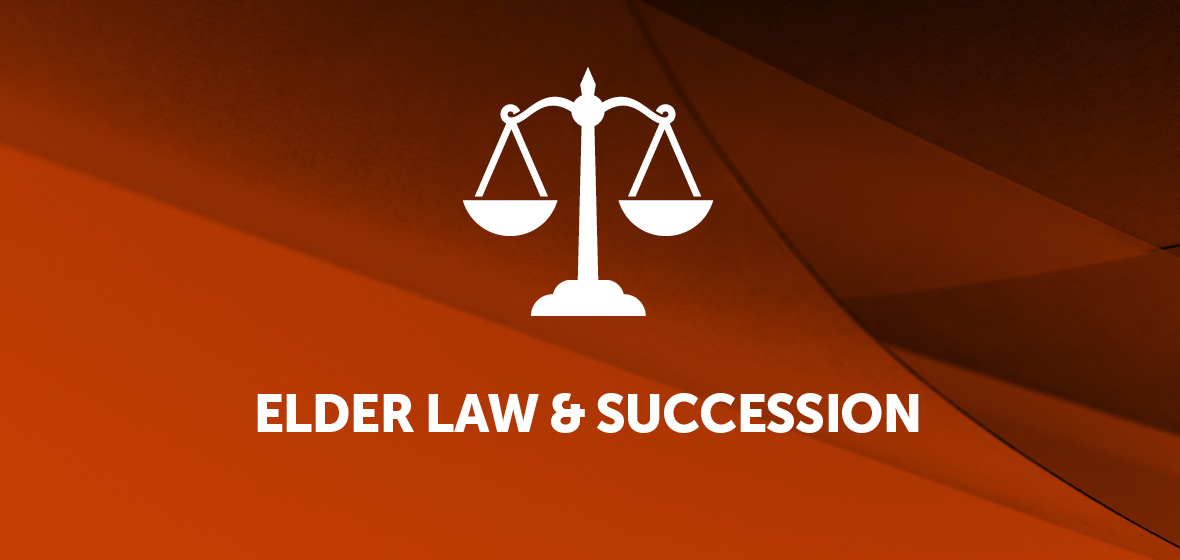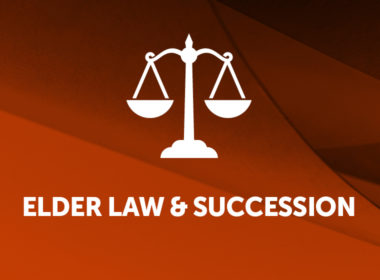Key decisions
- Re Estate of Ahmed Abou-Khalid [2024] NSWSC 253 (will construction and Sharia)
- Mann v Mann [2024] QSC 50, Kuenen v Robert Leslie Hortin and Adrian Mark Bickford as Executor of the Estate of Late Leslie Mervyn Hortin [2024] WASC 152, Dimos v Burnred [2024] NSWSC 434, Whimp v Scaglia [2024] NSWSC 432, Tyrone Gerard Hosking as executor of the will of Mervyn Gurney v Hosking [2024] WASC 200 and NSW Trustee and Guardian v Matthews [2024] NSWSC 595 (will construction)
- Rada v Smith [2024] NSWSC 273, Bradley v Irvine; Irvine v Irvine [2024] NSWSC 727, Baker v Baker [2024] NSWSC 559, Curtis v Curtis [2024] NSWCA 136 and O’Brien v Grabowski; Airvest Pty Ltd v O’Brien [2024] NSWSC 692 (family provision)
- Auksorius v Public Trustee [2024] TASSC 11 and Re Cassar [2022] VSC 126 (forged will)
Will construction in the context of Sharia
Ahmed Abou-Khalid’s will gave his estate to his trustee upon trust to ‘pay debts, funeral and testamentary expenses, death, estate duties and Zakat payments’ and distribute the balance to his children ‘in shares so that the share of each son shall be twice that of each daughter’ (Re Estate of Ahmed Abou-Khalid [2024] NSWSC 253 (Lindsay J) at [167]). The administrator of Abou-Khalid’s estate sought judicial advice as to whether she would be justified in distributing the estate without applying any part of the estate towards payment of Zakat.
The Court identified the different arguments. On the one hand, ‘nothing explicit in the will supports a finding that the deceased intended to confer on his legal personal representative the function of making unconstrained discretionary “payments” of an unspecified character and value to unidentified parties for a particular purpose or purposes of an indefinite nature’ (at [14]). However, ‘an obligation to make “Zakat payments” of that nature is not different in kind from an obligation on the legal personal representative to pay “debts” as directed in the same provision of the will that requires the legal personal representative to consider making “Zakat payments”’ (at [15]).
The will did not expressly refer to Sharia (being the code of conduct or law of Islam) but ‘it conforms to the solicitor’s understanding of Sharia law in so far as it incorporates a reference to Zakat and contains a provision that favours sons over daughters in the fixed proportion of 2:1’ (at [142]). Further, it was made by an observant Muslim who ‘directed that his “funeral and burial” be “conducted in accordance with the Islamic religion”’ (at [143]).


